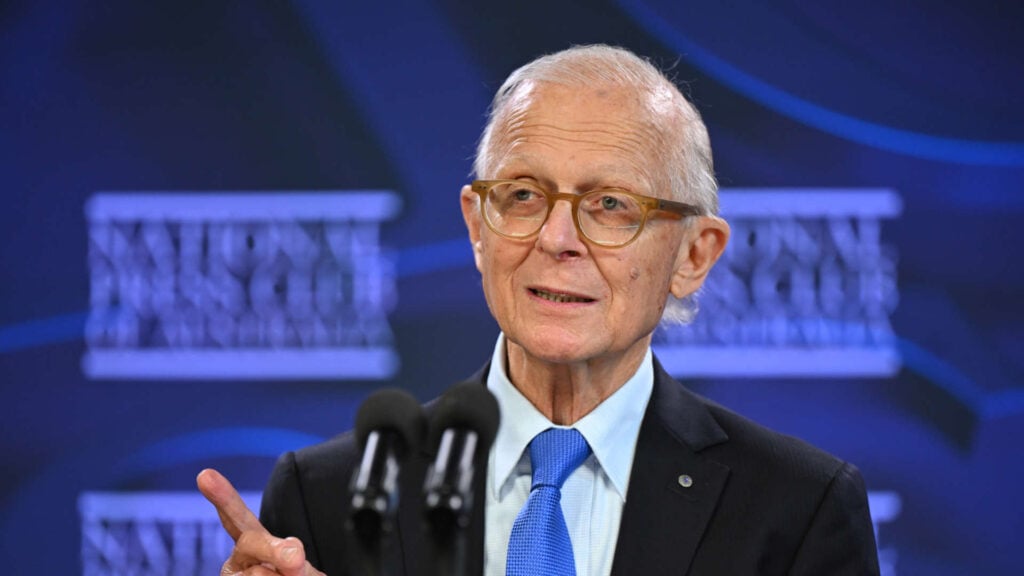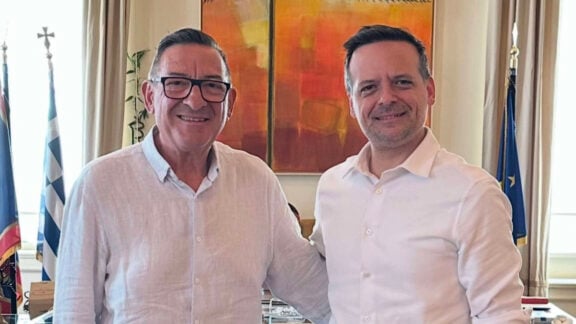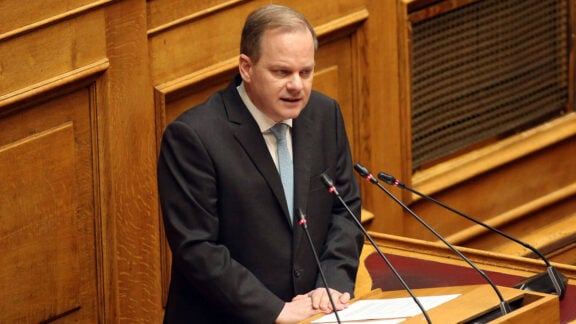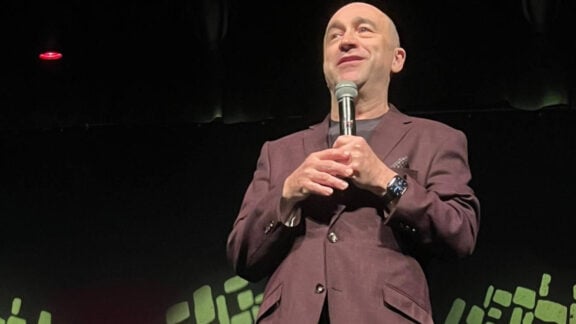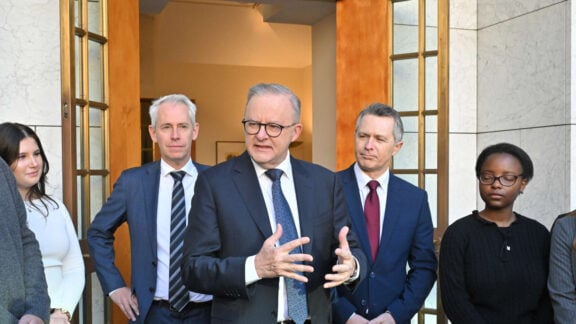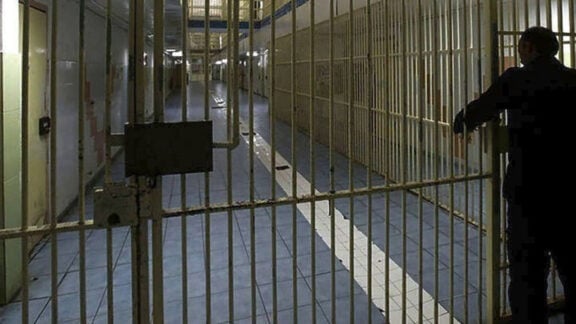Dementia should be treated as an economic crisis as well as a health issue, a leading scientist has urged.
In an address to the National Press Club on Wednesday, brain researcher Henry Brodaty made the financial case for research into dementia.
He said federal government funding to a program aimed at slowing dementia progression would lead to a boost in productivity.
“It’s time for a national movement for brain health, backed by research, scaled with urgency, and funded to save lives and money,” Professor Brodaty said.
“We don’t have a magic doorway out of this crisis, but we do have prevention.”
His call comes after a dementia prevention trial led by the Centre of Healthy Brain Ageing, where Prof Brodaty is a co-director, found personalised coaching in areas such as physical activity and nutrition pushed back the onset of dementia by more than a year.
He said the scheme would save billions of dollars in treatment and care costs.
Prof Brodaty said 430,000 Australians live with dementia, which costs the economy about $3.7 billion each year.
With more older Australians in the workforce, supporting cognitive health is a “smart economic strategy”, he said.
The researcher also called for the government to adopt a national dementia risk reduction program.
“We are at a turning point in the fight against Alzheimer’s disease,” Prof Brodaty said.
“Over four decades, we’ve moved from hopelessness to hope, from stigma to science.”
Carers also sacrifice their jobs to manage their dementia patients, compounding productivity losses, he said.
Prof Brodaty said by keeping carers in the workplace by alleviating the treatment of patients would benefit the economy.
The federal government launched a national dementia action plan in 2024 providing eight recommendations based on findings from the Centre of Healthy Brain Ageing.
The recommendations include improving dementia treatment and diagnosis, supporting carers and tackling stigma.
Source: AAP
